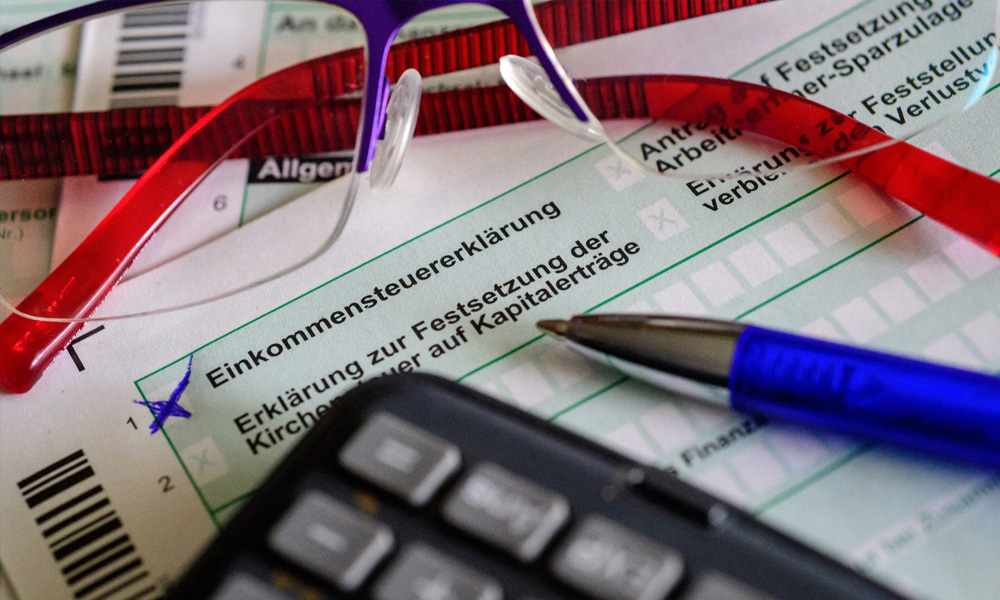COMMENT | Aside from post-election coalitions and the mixed member proportional (MMP) system, something else in the German political system that Malaysia can learn from is the public funding of political parties.
Every year, German taxpayers pay up to €133 million (RM660 million) to support political parties that win sufficient votes and are able to raise their own money.
The amount is equivalent to 0.04 percent of Germany’s €328.7 billion federal budget. If the same percentage of Malaysia’s RM260 billion federal budget were spent on political parties, that would come up to RM106 million.

Without going into the question of whether our political parties are actually worth that kind of money, let us take a brief look at how the German system works.
Section 18 of the Political Parties Act stipulates two bases of funding. First, for votes won in the latest Bundestag, European and state elections, €0.85 is given for the first four million votes, and €0.70 thereafter.
Second, for financial contributions received in the form of membership fees, contributions by elected representatives, and personal donations (which are capped at €3,300 per annum), an additional €0.38 is given for every €1 received.
But the actual amounts received by parties are capped by two limits. First, parties cannot receive an amount from the state that is higher than the revenue they bring in themselves. In other words, if they don’t make any money, they don’t get any money from taxpayers.
Second, as the annual total available for all parties is capped (€133 million) parties may just end up getting a proportionate share of that instead of the full amount.
Take, for example, the public funding of political parties in 2007.

In that year, the Christian Democratic Union (CDU) won 35,446,493 (A) votes in the federal, European and state elections, which were translated into a claim of €25,412,545.10 (C) for vote-based funding. The party also received a total contribution of €72,037,230.26 (B), which entitled it to claim another €27,374,147.50 (D).
So, CDU should be getting €52,788,692.60 (E), which constitutes 33.68 percent of the total €156,744,814.49. But since the annual funding for all parties cannot exceed €133 million, CDU eventually only got €44,790,190.59 (G) – that is, 33.86 percent of the €132,270,949.97 claimed by all parties.
This, of course, benefited the six larger parties that were represented in the Bundestag. But it also benefited the far-right National Democratic Party (NPD) and the 14 other smaller parties.

So why should taxpayers fund political parties including those they do not support? Here are a few reasons...

